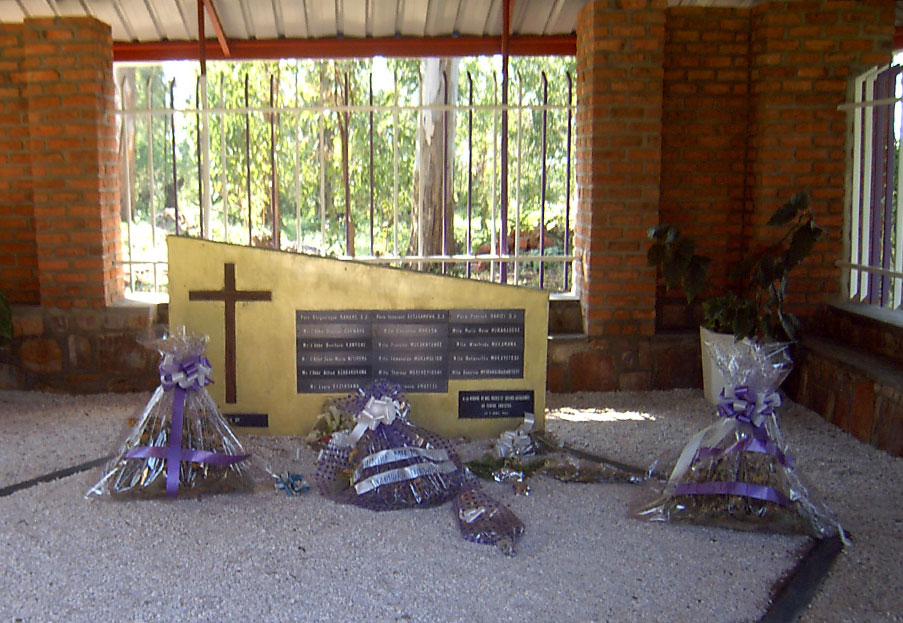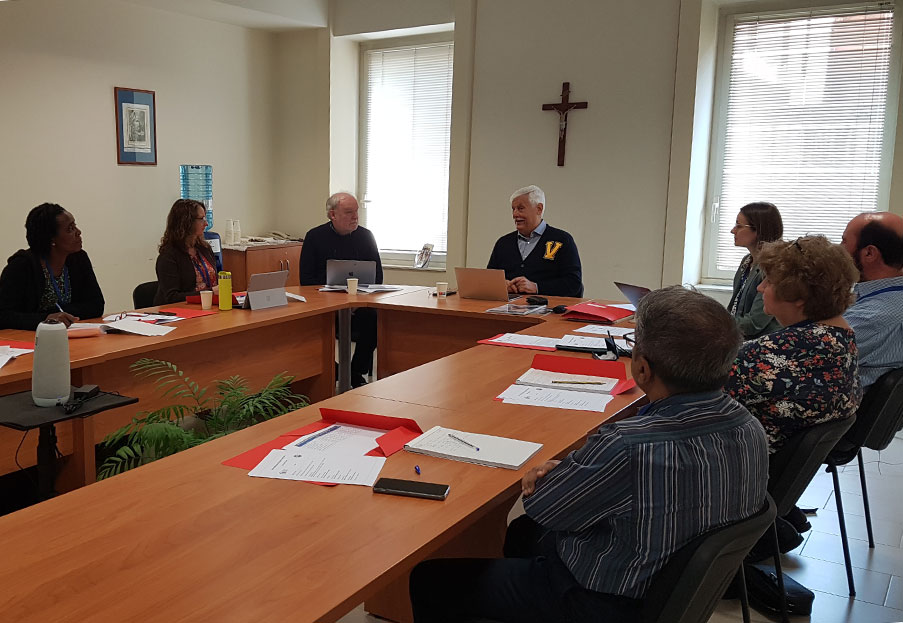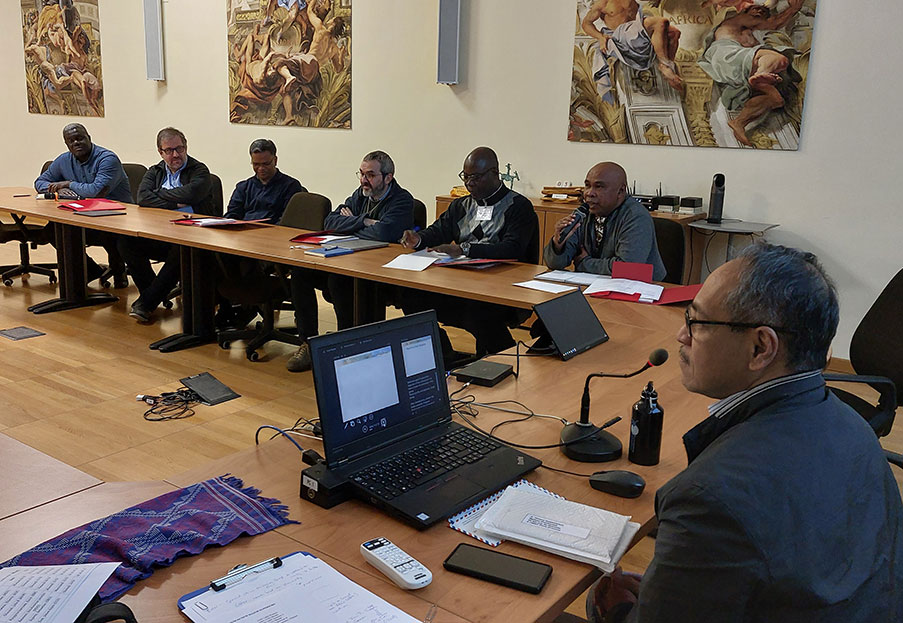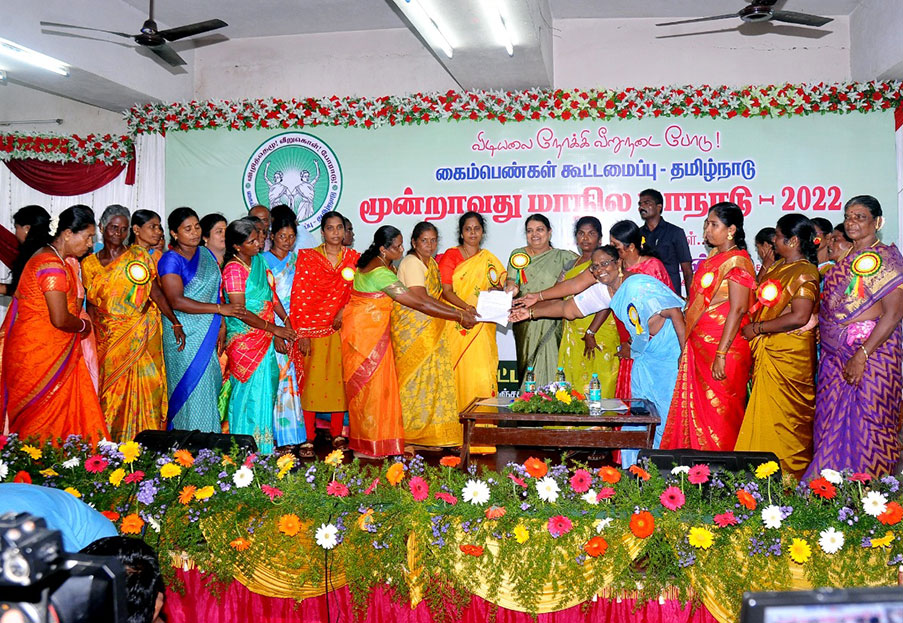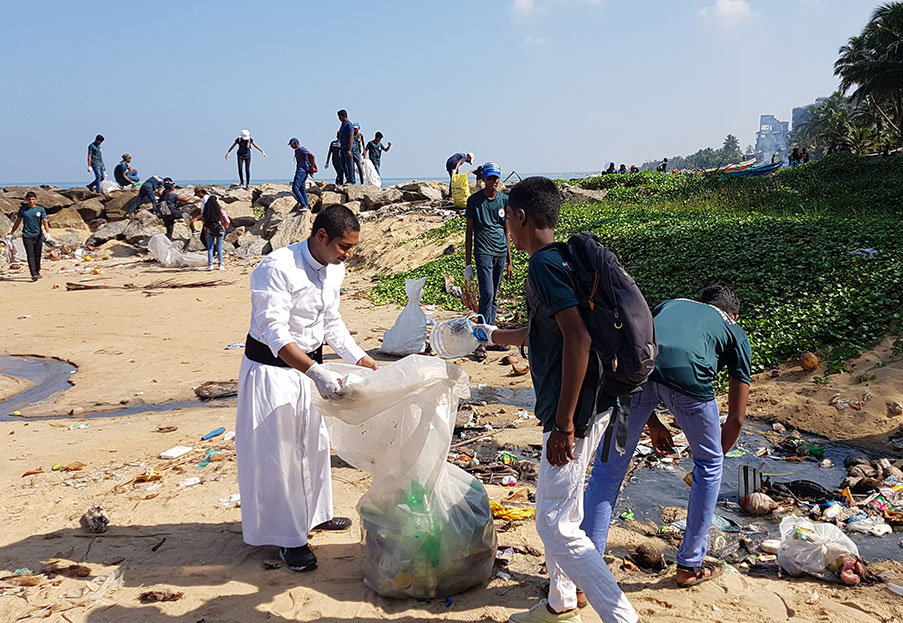Silveira House: A flagship of social justice work in Zimbabwe
Fifty-five years have passed since the founding of Silveira House - Jesuit Social Justice and Development Centre in Harare, Zimbabwe. A lot has changed in the country since its founding and a lot has not. What hasn’t changed is the relevance of the Centre in its mission of promoting social justice, active citizenship, responsible and accountable governance and community development; for these challenges have persisted in the country since the Centre’s establishment. What has changed though is that the operational environment has required the Centre to find new approaches to programming, fundraising, and relating to various relevant stakeholders.
Silveira House started in response to “knocks on
the door” from the poor seeking assistance from the local Jesuit community. At
the time, the Rhodesian(the country’s
colonial name) Church was discerning ways in which the Church could respond
more systematically to the plight of the many, mostly rural, people who were
suffering under the colonialist government. The Jesuits were tasked with
establishing a Centre that would provide such a response. That responsibility
was further delegated to Fr John Dove, SJ, a man filled with compassion for the
poor and a passion for social justice. He saw this as an opportunity to teach
those who knocked on the community’s door “how to fish” for their own
self-sustenance. This marked the birth of Silveira House.
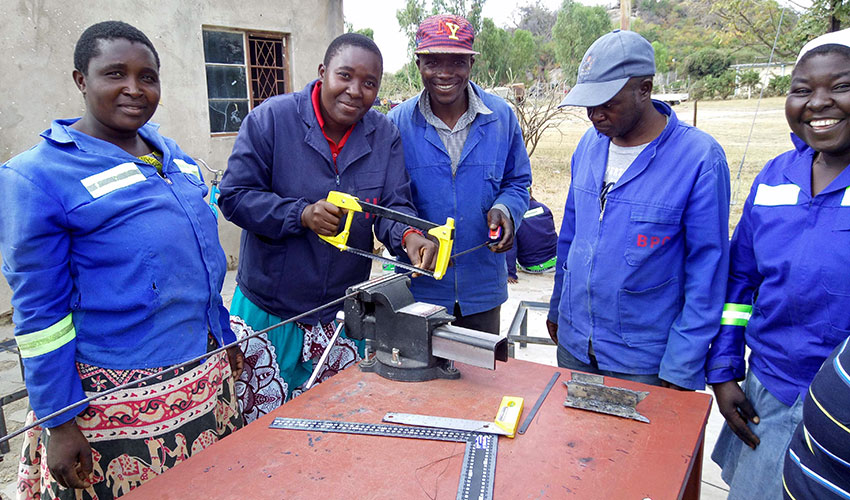
Various projects were initiated in agricultural training as well as in technical and vocational skills training. The success of these ensured that the beneficiaries - individuals and families - became more self-reliant and food secure. The agriculture project was particularly successful as the scheme took off like wildfire and within ten years provided food security over a wide area of the north and east of the country. The projects that were started in the development of the Centre include leadership training, advocacy on social and economic policies, and peace-building.
No metric can adequately measure the
appreciation in the hearts of those that Silveira House has touched and brought
some change in their lives. I occasionally find myself overwhelmed by the
gratitude ordinary people express whenever I visit areas of our operation in
different parts of the country. Some would have been beneficiaries of Silveira
House’s projects ten years ago, yet they still remain grateful for the change
that their involvement with Silveira House brought to the quality of their
life. When listening to such stories of change, I often feel unworthy to be
leading an institution with such a legacy in so many parts of the country and
of being a part of its noble history.
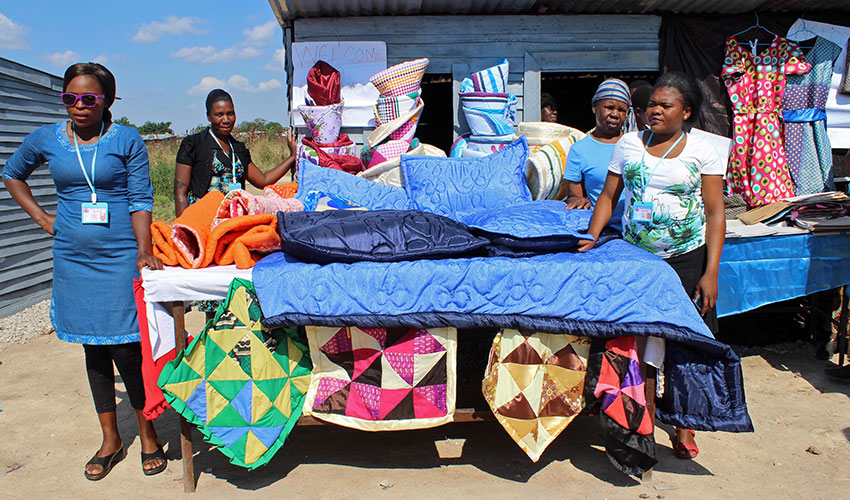
My hope is sustained through listening to these stories of change, particularly in the very challenging economic and political context we have to operate in. A mother who can now afford school fees for her kids from the money she earned from her livestock project; a father who was able to build a proper small house for his family using the skills he was taught; a community that is able to articulate boldly its demands from local authorities, and local government authorities who constantly invite us to offer them training in leadership. These stories serve to remind us that what we are doing is worth doing.
Nonetheless, there is a constant challenge for social institutions such
as ours, especially in Africa, to be imaginative in our approach to
development. Africa is a continent that remains stagnant as far as development
is concerned. Millions of its people remain in poverty while other regions have
made great strides in reducing and even eliminating extreme poverty. The reason
for our existence as social centres and civil society organisations will be
hard to justify in the face of persistent poverty, poor leadership and
governance in our countries. We cannot hope to change this social condition
with the same methods we have been using for the past decades. The change we
wish for requires our own metamorphosis.
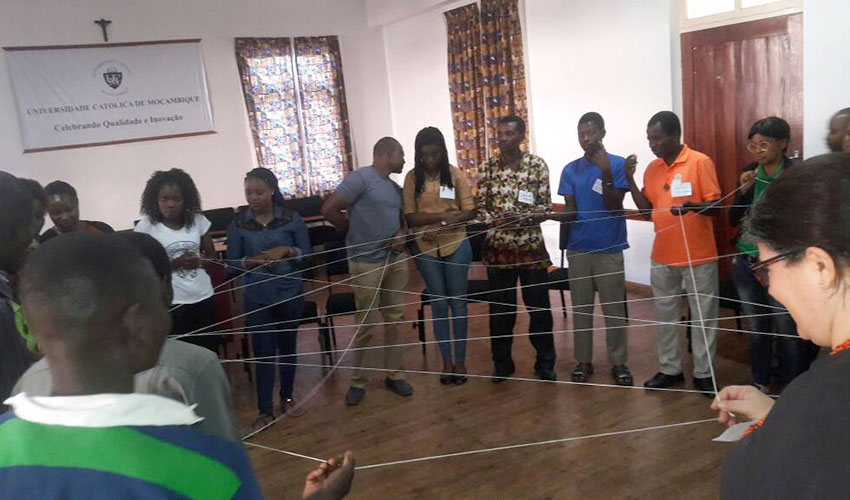
We also need to confront the question of our own financial sustainability. Dependence on donor money has at times proven detrimental to the realisation of our mission. This dynamic of aid-dependence sheds light on a contradiction that exists within development work today: we work towards empowering people but often end up making ourselves and the poor we serve charity-dependent instead. This flawed model, in addition to the ever-intensifying donor fatigue, undermines the power of the Gospel and impedes the authentic liberation of those trapped in poverty.
Thus, while we remain ever grateful for the
contribution we have managed to make to the people of Zimbabwe through Silveira
House over the years, we remain alert to the present and future challenges that
confront us. It is, however, our hope that what was begun 55 years ago will
continue growing in strength for the next 55 years and beyond, for the benefit
of the less privileged, in whatever form that this will take in the future.
[Article from "Jesuits - The Society of Jesus in the world - 2020", by Arnold Moyo SJ]
